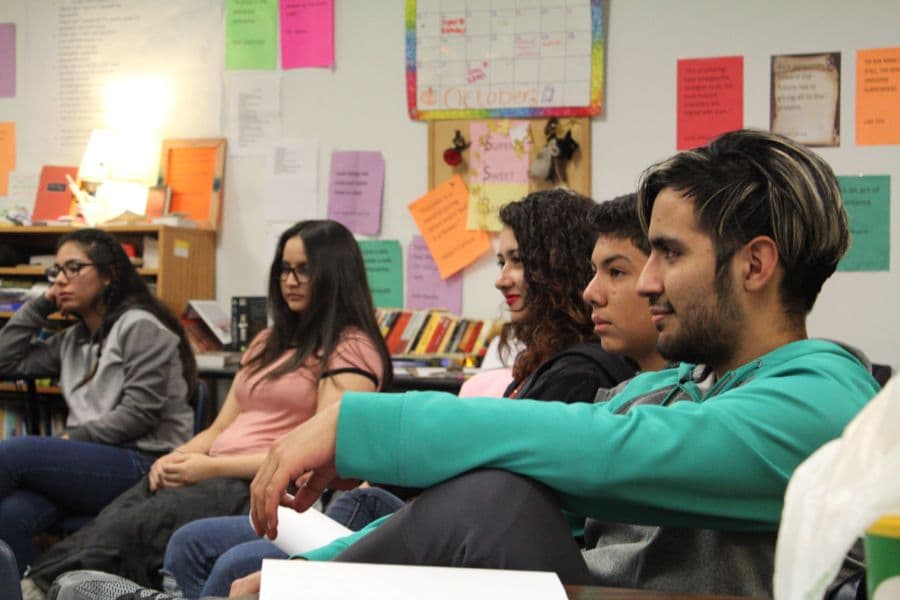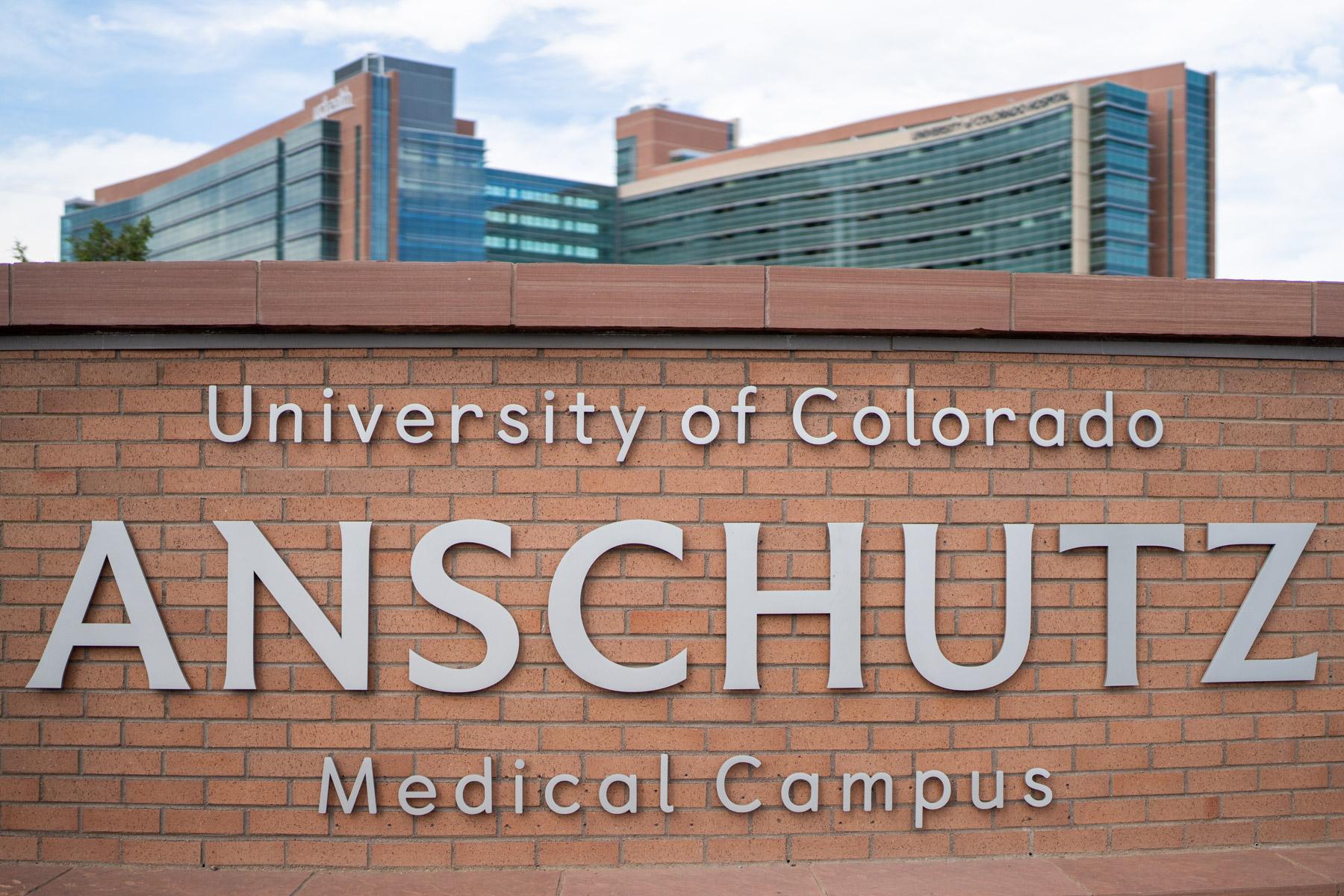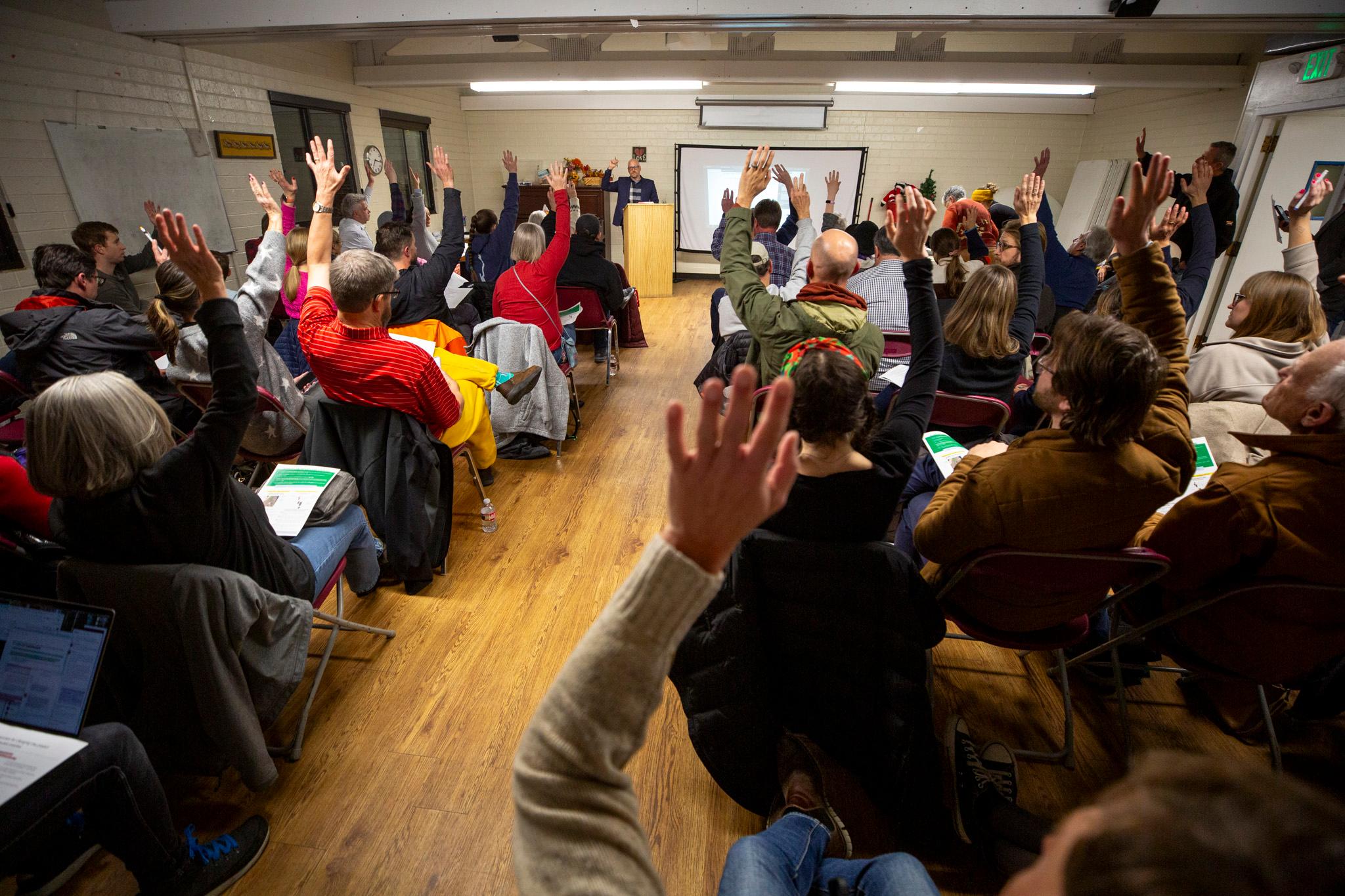
By Nic Garcia, Chalkbeat
If Mike Epke, principal of the New America School in Thornton, had a larger budget, he would like to spend it on technical training and intervention programs for his students.
He would buy more grade-level and age appropriate books for the empty shelves in his school’s library, and provide his teachers with a modest raise. If he could really make the dollars stretch, he’d hire additional teacher aides to help students learning with disabilities.
“These are students who have not had all the opportunities other students have had,” the charter school principal said, describing his 400 high school students who are mostly Hispanic and come from low-income homes.
A $5.5 million budget request from Gov. John Hickenlooper, a Democrat, could help Epke make some of those dreams a reality.
The seven-figure ask is part of Hickenlooper’s proposed budget that he sent to lawmakers earlier this month. The money would go to state-approved charter schools in an effort to close a funding gap lawmakers tried to eliminate in a landmark funding bill passed in the waning days of the 2017 state legislative session.
Funding charter schools, which receive tax dollars but operate independently of the traditional school district system, is a contentious issue in many states. Charter schools in Colorado have enjoyed bipartisan support, but the 2017 debate over how to fund them hit on thorny issues, especially the state’s constitutional guarantee of local control of schools.
The legislation that ultimately passed, which had broad bipartisan support but faced fierce opposition from some Democrats, requires school districts by 2020 to equitably share voter-approved local tax increases — known as mill levy overrides — with the charter schools they approved.
The bill also created a system for lawmakers to send more money to charter schools, like New America in Thornton, that are governed by the state, rather than a local school district.
Unlike district-approved charter schools, which were always eligible to receive a portion of local tax increases, state-approved charter schools haven’t had access to that revenue.
Terry Croy Lewis, executive director of the Charter School Institute, or CSI, the state organization that approves charter schools, said it is critical lawmakers complete the work they started in 2017 by boosting funding to her schools.
“It’s a significant amount of money,” she said. “To not have that equity for our schools, it’s extremely concerning.”
CSI authorizes 41 different charters schools that enrolled nearly 17,000 students last school year. That’s comparable to both the Brighton and Thompson school districts, according to state data.
Hickenlooper’s request would be a small step toward closing the $18 million gap between state-approved charter schools and what district-run charter schools are projected to receive starting in 2020, CSI officials said.
“Gov. Hickenlooper believes that working to make school funding as fair as possible is important,” Jacque Montgomery, Hickenlooper’s spokeswoman, said in a statement. “This is the next step in making sure that is true for more children.”
If lawmakers approve Hickenlooper’s request, the New Legacy charter school in Aurora would receive about $580 more per student in the 2018-19 school year.
Jennifer Douglas, the school’s principal, said she would put that money toward teacher salaries and training — especially in the school’s early education center.
“As a small school, serving students with complex needs, it is challenging and we need to tap into every dollar we can,” she said.
The three-year old school in Aurora serves both teen mothers and their toddlers. Before the school opened, Douglas sent in her charter application to both the Aurora school board and CSI. Both approved her charter application, but because at the time her school would receive greater access to federal dollars through CSI, Douglas asked to be governed by the state.
Douglas said that her preferred solution to close the funding gap would be to see local tax increases follow students, regardless of school type or governance model. Until that day, she said, lawmakers must “ensure that schools have the resources they need to take care of the students in our state and give them the education they deserve.”
For Hickenlooper’s request to become a reality, it must first be approved by the legislature’s budget committee and then by both chambers. In a hyper-partisan election year, nothing is a guarantee, but it appears Hickenlooper’s proposal won’t face the same fight that the 2017 charter school funding bill encountered.
State Rep. Jovan Melton, an Aurora Democrat who helped lead the charge against the charter school funding bill, said he was likely going to support Hickenlooper’s proposal.
“You almost have to do it to be in alignment with the law,” Melton said. “I don’t think with a good conscious I could vote against it. I’m probably going to hold my nose and vote yes.”
Chalkbeat is a nonprofit news site covering educational change in public schools.












